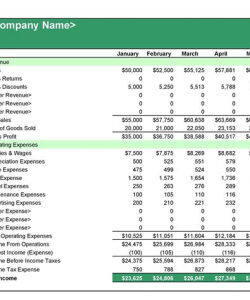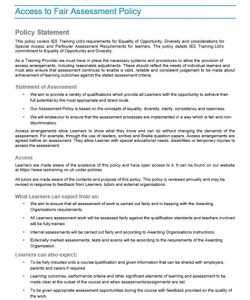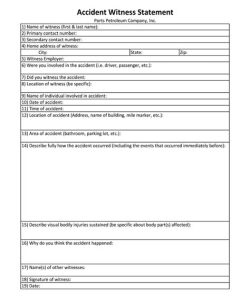Are you a self-employed individual in need of a comprehensive financial statement template that can help you effectively manage your business finances? A self employed financial statement template offers a structured framework for recording and organizing your financial data, making it easier for you to track your income, expenses, and overall financial performance. It serves as a valuable tool for making informed business decisions, securing financing, and ensuring compliance with tax regulations.
With a well-crafted self employed financial statement template, you can gain a clear understanding of your business’s financial health, identify areas for improvement, and plan for future growth. It empowers you to make data-driven decisions based on accurate and up-to-date financial information. Whether you’re a seasoned entrepreneur or just starting out on your self-employment journey, utilizing a self employed financial statement template is essential for maintaining financial clarity and driving your business forward.
Before we delve into the components and uses of a self employed financial statement template, let’s take a moment to appreciate the featured image below. This image provides a glimpse into the simplicity and efficiency of a well-designed self employed financial statement template. As you continue reading, keep this image in mind to visualize how this tool can streamline your financial management.
Components of a Self Employed Financial Statement Template
A comprehensive self employed financial statement template typically consists of three core components: the balance sheet, the income statement, and the cash flow statement. The balance sheet provides a snapshot of your business’s financial position at a specific point in time, showing your assets, liabilities, and equity. The income statement summarizes your business’s revenues and expenses over a period of time, revealing your net income or loss. The cash flow statement tracks the movement of cash in and out of your business, indicating how you’re generating and using your cash.
In addition to these core components, a self employed financial statement template may also include supporting schedules and notes. These can provide additional details about your business’s operations and financial health. For example, you may include a schedule of accounts receivable to track unpaid invoices or a schedule of fixed assets to list your business’s property and equipment.
It’s important to note that the specific format and content of a self employed financial statement template may vary depending on the industry, size, and complexity of your business. However, the core components mentioned above are generally applicable to most self-employed individuals.
Uses of a Self Employed Financial Statement Template
A self employed financial statement template serves multiple important purposes for self-employed individuals. Here are some of the key uses:
1. Financial Management: A self employed financial statement template provides a structured framework for recording and organizing your financial data. It helps you keep track of your income, expenses, assets, and liabilities, giving you a clear understanding of your business’s financial performance.
2. Decision Making: With accurate and up-to-date financial information at your fingertips, you can make informed business decisions. A self employed financial statement template can help you identify areas for improvement, plan for future growth, and set realistic financial goals.
3. Tax Compliance: Self-employed individuals are responsible for paying their own taxes, and a self employed financial statement template can help ensure that you’re meeting your tax obligations. It provides the necessary documentation to support your tax filings and reduces the risk of errors or omissions.
4. Loan Applications: If you’re seeking financing for your business, a self employed financial statement template can be essential. Lenders will typically require financial statements to assess your business’s creditworthiness and determine your eligibility for a loan.
5. Business Valuation: When it’s time to value your business, a self employed financial statement template can provide the necessary financial data for a professional valuation. This can be helpful if you’re planning to sell your business or bring on new partners.
Conclusion
Using a self employed financial statement template is a smart move for any self-employed individual who wants to gain control of their business finances. It offers a structured approach to financial management, helping you track your performance, make informed decisions, and meet your tax obligations. Whether you’re just starting out or looking to streamline your financial processes, a self employed financial statement template is an invaluable tool for achieving financial clarity and success.
Remember, the key to a successful self employed financial statement template lies in its accuracy and up-to-dateness. By diligently maintaining your financial records and regularly reviewing your financial statements, you can gain valuable insights into your business’s financial health and make informed decisions that drive growth and profitability.



